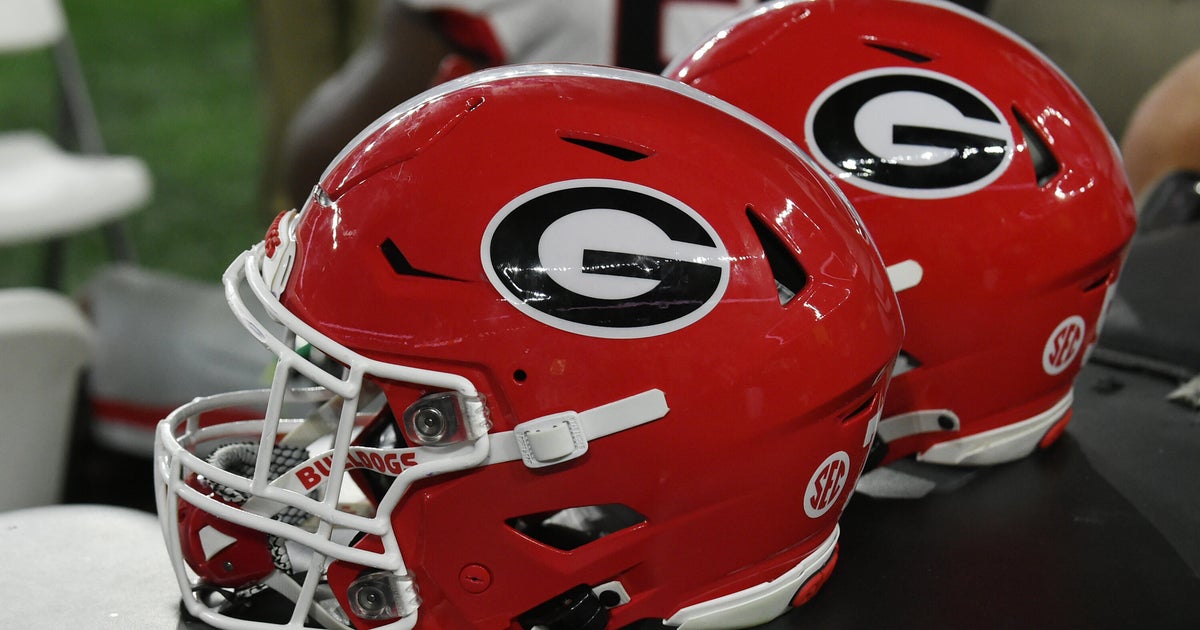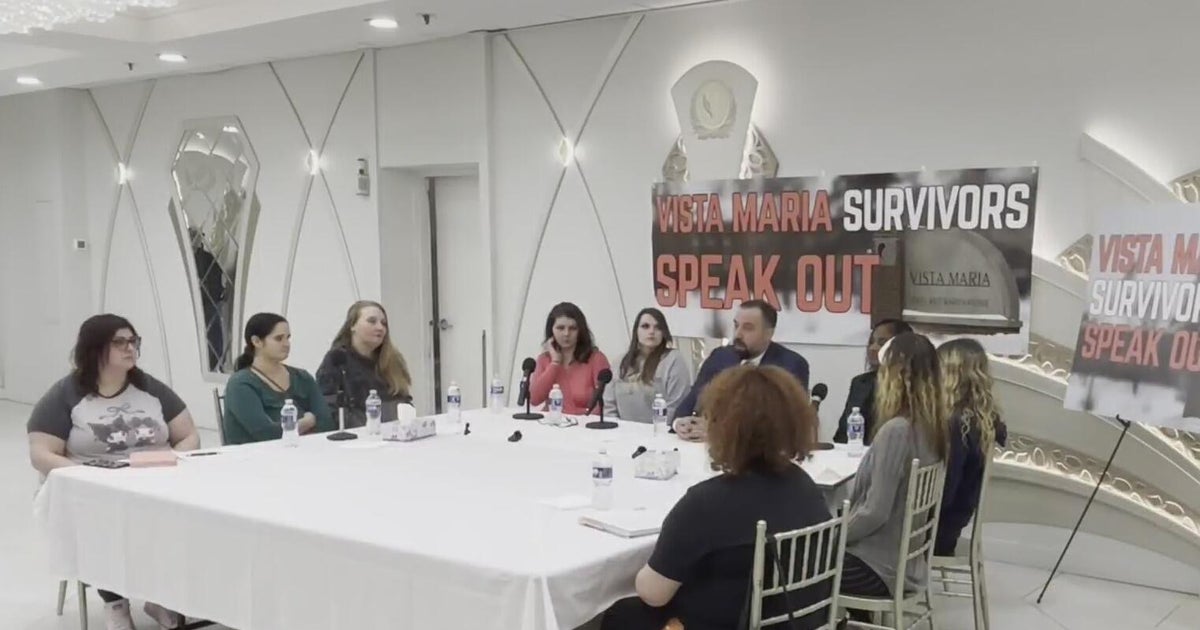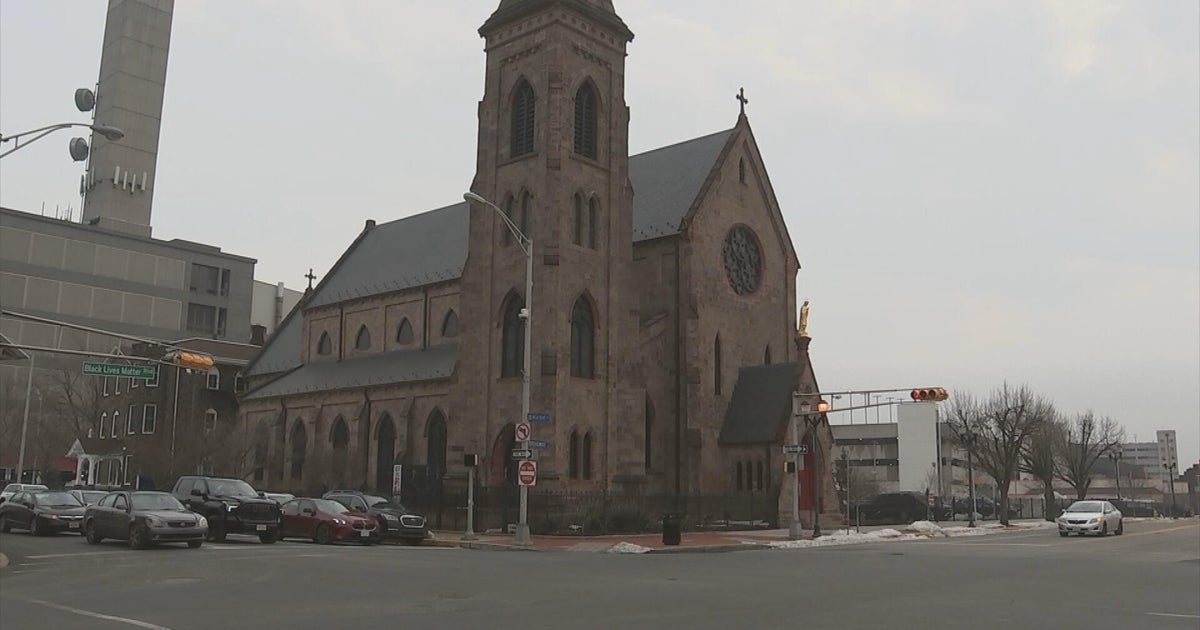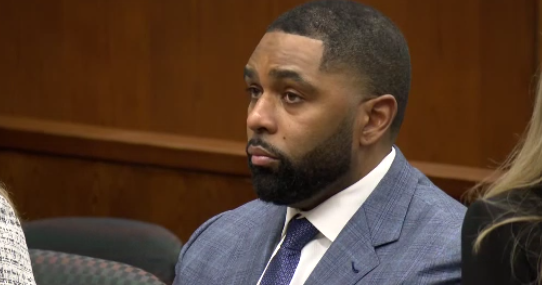Paterno Speaks For First Time Since Firing
STATE COLLEGE, Pa. (AP) — Former Penn State coach Joe Paterno says he "didn't know which way to go" after an assistant coach came to him in 2002 saying he had seen retired defensive coordinator Jerry Sandusky sexually abusing a boy.
In his first public comments since being fired two months ago, Paterno told The Washington Post that assistant Mike McQueary "didn't want to get specific" about details in his 2002 allegation involving Sandusky, who he claimed was showering with a boy in the Penn State football facility.
The Post reported Saturday that Paterno was hesitant to make follow-up calls because he didn't want to be seen as trying to exert influence either for or against Sandusky.
"I didn't know which way to go ... And rather than get in there and make a mistake," he told the Post before trailing off.
A day after he heard McQueary's allegation, Paterno reported it to his superiors. Paterno said he previously had "no inkling" Sandusky might be a child molester.
Sandusky was criminally charged on Nov. 5 and faces dozens of counts. Paterno was ousted four days later after 46 years as head coach.
Paterno, 85, also is fighting lung cancer that was diagnosed days after his dismissal. He was re-admitted to the hospital Friday for observation for what his family called a minor complication from treatments. He has been undergoing chemotherapy and radiation.
His condition improved Saturday morning, and he remained in the hospital, the family said.
The Post portrayed Paterno as frail from the cancer treatments and wearing a wig. Also recovering from a broken pelvis, Paterno spoke Thursday from a wheelchair at kitchen table.
He said he was initially reluctant to speak because "I wanted everybody to settle down," but the Post reported Paterno was so eager to defend his record that he insisted on continuing the interview from his bedside Friday morning, though ill.
Paterno, who testified before a grand jury investigating Sandusky, is not a target of the criminal probe.
But his firing came as criticism mounted against Paterno and other Penn State leaders that the 2002 allegation should have been reported to authorities outside of Penn State.
The 67-year-old Sandusky is charged with sexually abusing 10 boys over a 15-year period. He maintains his innocence and remains out on $250,000 bail while awaiting trial.
If Sandusky is guilty, "I'm sick about it," Paterno said.
Paterno said he wished he knew how allegations against Sandusky didn't come to light until years after the alleged assaults occurred. "I don't know the answer to that," he said. "It's hard."
In court testimony last month, McQueary said his account about the 2002 allegation to Paterno wasn't as detailed as what he relayed to Paterno's superiors out of respect for the older Paterno.
According to the Post, Paterno reiterated that McQueary was unclear with him about the nature of what he saw — and added that even if McQueary had been more graphic, he's not sure he would have understood it.
"You know, he didn't want to get specific," Paterno said. "And to be frank with you I don't know that it would have done any good, because I never heard of, of, rape and a man. So I just did what I thought was best. I talked to people that I thought would be, if there was a problem, that would be following up on it."
In recent weeks, Paterno's dismissal has come under question from many former players and alumni wondering about the motivations of trustees.
Others are roiled by a perceived lack of communication by trustees and President Rodney Erickson during a period when the school has promised to be more open and transparent. Many alumni who attended town hall meetings in Pittsburgh, suburban Philadelphia and New York this week questioned why
Paterno, after 61 years of service to the school, wasn't afforded due process before his dismissal.
Paterno met his legal requirement to report suspected abuse, according to authorities.
But two days after Sandusky was charged, state police Commissioner Frank Noonan said Paterno and other school leaders had a "moral responsibility" to do more and report allegations to police.
With a media storm descending on the campus, Paterno announced his resignation the morning of Nov. 9. That day, he called the scandal "one of the great sorrows of my life. With the benefit of hindsight, I wish I had done more."
The trustees fired him about 12 hours later. Paterno recounted that he was passed a note at the door of his home by an assistant athletic director with the name of trustees vice chairman John Surma and a phone number.
According to the Post, Surma told Paterno, "In the best interests of the university, you are terminated." Paterno hung up and repeated the words to his wife, who redialed the number.
"After 61 years he deserved better," Sue Paterno said. "He deserved better."
Sandusky was the architect of the Linebacker U. defenses that helped Penn State build its reputation as one of the top defensive programs in the country and win two national titles.
Paterno described his relationship with Sandusky as "professional, not social." Sandusky left the program after the 1999 season, taking early retirement. Paterno said he was frustrated that Sandusky was spending too much time at the youth foundation he founded, The Second Mile.
Authorities have said Sandusky built relationships with his alleged victims through the charity.
Paterno could not recall the last time he had seen or spoken to Sandusky. He declined to offer his opinion on the charges other than saying he would wait for the legal process to unfold.
Paterno reminded the Post he is not a victim.
"You know, I'm not as concerned about me," he said. "What's happened to me has been great. I got five great kids. Seventeen great grandchildren. I've had a wonderful experience here at Penn State. I don't want to walk away from this thing bitter. I want to be helpful."
Read the Washington Post story here
© 2012 The Associated Press. All rights reserved. This material may not be published, broadcast, rewritten or redistributed.







